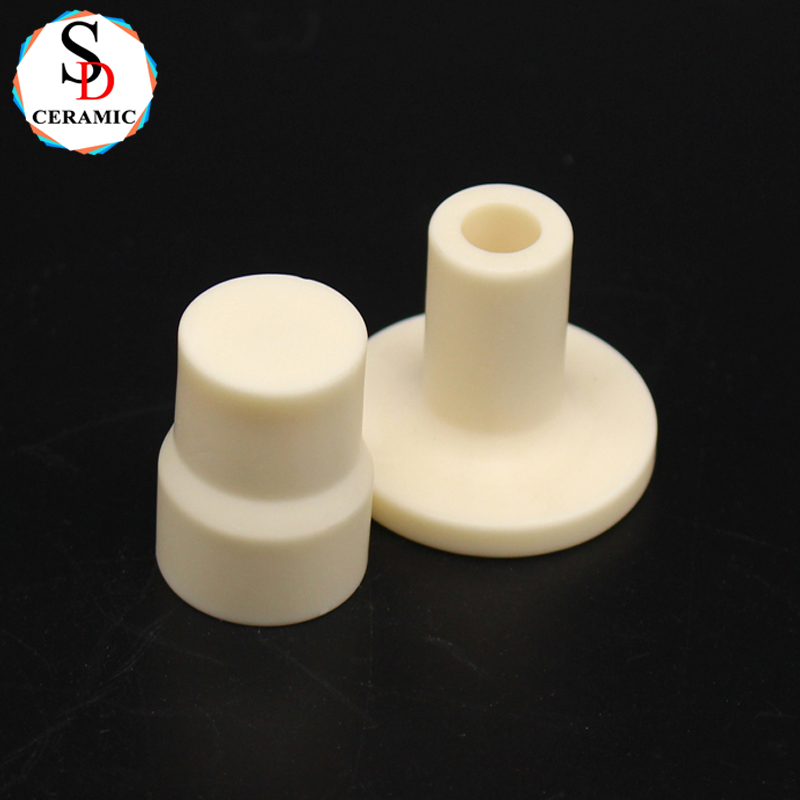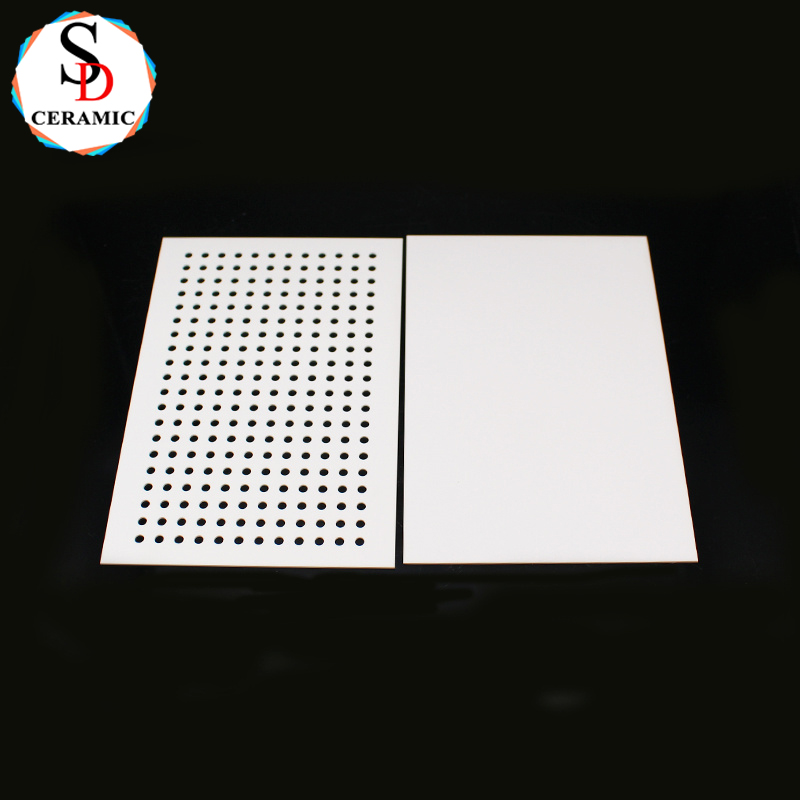Porous ceramics, as the name suggests, are a type of special ceramic material filled with countless tiny pores inside. These pores endow them with the unique property of "a blend of rigidity and flexibility": they not only possess the inherent rigid characteristics of ceramics such as high strength, high temperature resistance, and corrosion resistance, but also have flexible functions similar to sponges, such as filtration, adsorption, and sound insulation. They are like invisible industrial "skeletons" and "purifiers", silently supporting all aspects of modern industry and daily life.
First and foremost, they serve as excellent "filtration guardians"—this is the core application of porous ceramics. Their internally connected porous structure can "block out" harmful impurities in fluids (liquids or gases). Whether it is the purification of high-temperature flue gas in steel plants, the filtration of highly corrosive liquids in chemical plants, or the Diesel Particulate Filter (DPF) that captures particulate matter (PM2.5) in automobile exhaust, porous ceramics are indispensable. With their high-temperature stability and chemical inertness that far surpass metal filters, they work reliably in extremely harsh environments.
Secondly, they are efficient "heat insulation experts". The numerous pores inside the material are filled with air, which is an excellent thermal insulator. This makes porous ceramics a top-tier thermal insulation material, widely used in fields such as heat insulation tiles for spacecraft and linings of industrial kilns. They effectively block high temperatures and significantly save energy.
Moreover, they are important "functional substrates". Their large specific surface area and stable structure make them ideal carriers for catalysts. The precious metal catalysts in automotive three-way catalytic converters are loaded on porous ceramics, enabling efficient purification of exhaust gases. In the field of biomedicine, their porous structure can also simulate human bones and be used as bone graft materials, guiding the growth of new bone cells to achieve biological integration.
In addition, porous ceramics are also widely used in various cutting-edge fields such as sound absorption and noise reduction, sensors, and electrode materials.
In summary, despite their unassuming appearance, porous ceramics, with their unique structure, play an indispensable and crucial role in high-tech fields such as energy conservation and emission reduction, environmental protection, aerospace, and biomedicine. They are truly a "versatile all-rounder in the material world".
 |  |
If you have any questions or need help, feel free to contact with our team.
Phone
+86 15335210683
Location
Qianluo Village, Dingshu Town, Yixing City, Jiangsu Province, China
Welcome to subscribe to our email message!


Copyright © Yixing Shengda Refractory Ceramic Co., Ltd. All Rights Reserved | Sitemap | Powered By 